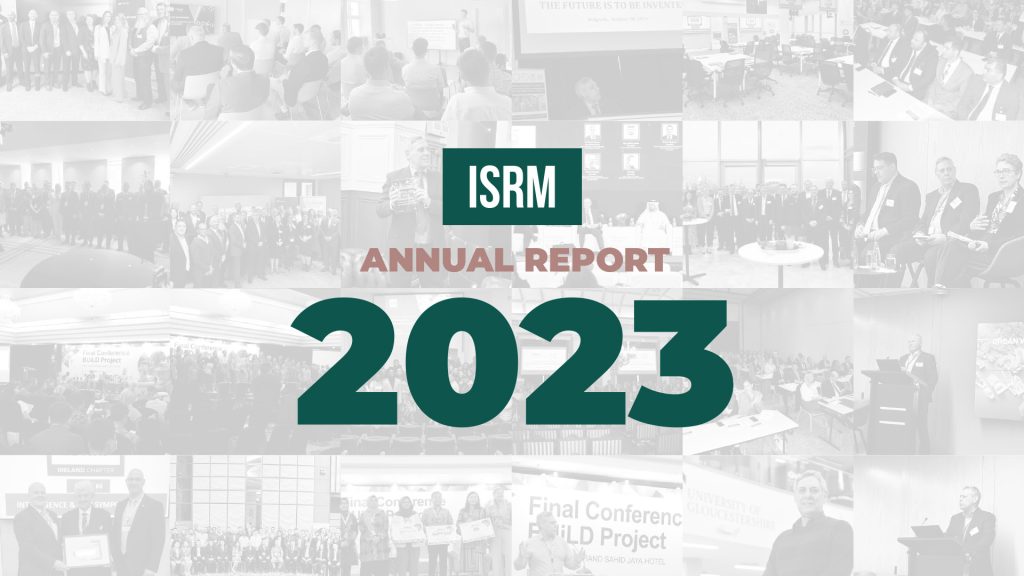Read full Annual Report 2023 here >>
As I write this at the start of December, the war in Ukraine continues to rumble on in the background, though it no longer commands the headlines as it did a year ago; the war between Israel and Hamas – though it has taken a much wider form in terms of the level of destruction and human desolation in Gaza – dominates our news feeds, and has the potential to become a regional and even global conflagration; COP28 has opened in Dubai, with the main theme being the need to develop closer relationship with the major oil and gas producers (which is hardly surprising, given that the president of the climate summit is also head of the United Arab Emirates’ state oil company), and it is now official that 2023 was the hottest year ever on record.
We also learnt yesterday that Henry Kissinger has died, at the age of 100. Kissinger was the first person to be both United States Secretary of State and National Security Advisor. He pioneered the policy of détente with the Soviet Union, helped establish the development of the relationship between US and China, helped end the 1973 Yom Kippur War (and invented the concept of Shuttle Diplomacy in doing so), and negotiated the Paris Peace Accords that ended the US involvement in the Vietnam War. In his life he was heavily criticised for his policy of ‘Realpolitik’ (which was based on the principle of ignoring the bad things that your allies were doing, including accusations of war crimes and ethnic cleansing) and won the 1973 Nobel Peace Prize, though not without controversy.
Kissinger’s legacy is undoubtedly a mixed one, and it is likely that there will be historical revisionism of that legacy following his death. But what Kissinger believed in, as we do at their ISRM, is that it is possible to make a difference in the world. It’s possible, through dialogue, collaboration and the development of personal and institutional relationships, to make the world a better place.
2023 has seen some major developments in the ISRM. We have continued to see the growth of our Chapter networks, and we have now established a Regional Hub Framework to support that. That includes the North American Hub (seven US City Chapter plus Canada and Mexico); LatAm Hub (Venezuela, Brazil, Colombia, Bolivia and Mexico); European Hub (UK and Ireland, Nordic States, SE Europe, Mediterranean Chapters and Israel; APAC Hub (Singapore, Indonesia, Philippines, Malaysia) and Middle East Hub (UAE, Saudi Arabia and Qatar).
We have established the Centre for the Study of Wicked Problems. That will be the ISRM’s in-house think-tank and will give us additional opportunities to develop collaborative relationships with like-minded institutions across the academic, research and policy sectors. We will be launching our first major programme in January 2023, an 18-month research and policy development project on Global Urban Resilience. That will be in partnership with the UK National Preparedness Commission, and around thirty partner institutes around the world.
We continue to host multiple events every month, either at the Chapter level, through our Special Interest Groups or from the ISRM Centre. Our 2-day virtual conference in November on AI and Risk Management had 860 registrants from sixty-six countries.
In a world defined by flux, change and instability, it is critical that the ISRM too evolves as we grow as an institution. Having completed four and a half years since our establishment, we have spent the last six moths undergoing a comprehensive review of where we currently are, and what is needed to be done to allow us to set the foundations that will enable us to continue our path of growth and development.
From 1st January 2024, we will have a completely new management and governance structure in place. The ISRM Chapter and Membership framework will remain as is, and there will be no change in that. However, we are also setting up ISRM Corporate Ltd, that will be the home of the ISRM Training and Education division, ISRM Consultancy ad the Centre for the Study of Wicked Problems.
We will also be setting up a new governance structure appropriate for a global institute of influence such as the ISRM has become., and I will give up all of my other interests, and my sole function will be as Executive Director of the ISRM.
The governance framework will consist of a Board of Directors and an Advisory Board that will include representatives of the Chapters, Fellows and general membership, and a range of programmes that will allow our members and other stakeholders to feel that they have a voice in the way that the ISRM is developing and is conducting its business.
The last four and half years have certainly been a rollercoaster ride. Together we have achieved things that I don’t think any of us could have imagined at the start of the journey, and all of that within the context of a global pandemic and all of the the disruptions that came out of that and the subsequent global lockdown.
We are now preparing to leave what can be considered as the start-up stage of the ISRM, and are readying ourselves for what I am confident will be a period of growth, development and many further adventures to come.
I am grateful to every one of you reading this for your support so far, and I look forward to continuing the journey together.
I hope that you have a safe, healthy and joyful winter break wherever in the world you are, and a Healthy, Happy and Prosperous start to 2024.
David Rubens
Executive Director, ISRM
